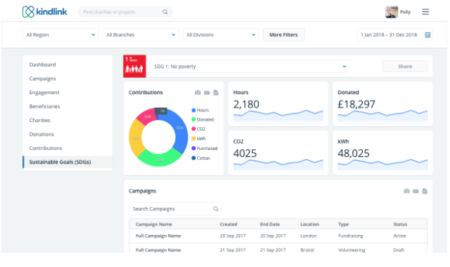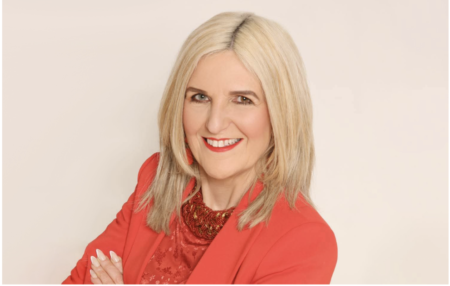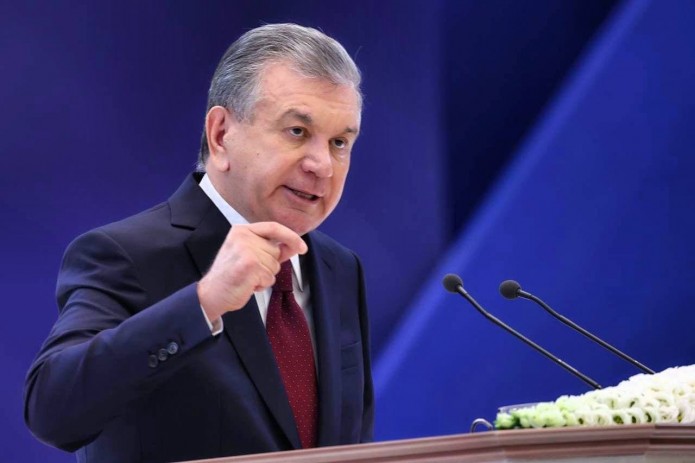
Uzbekistan, a Central Asian nation with a population of 36 million, has undergone a remarkable transformation on the global stage in recent years. Its shift towards international trade, tourism, and attracting foreign investments stands as a testament to its rapid evolution from a closed, authoritarian state.
The pivotal moment came with the inauguration of Shavkat Mirziyoyev in 2016. His presidency marked a turning point, initiating comprehensive reforms that have reshaped Uzbekistan into an open, thriving economy. His recent re-election with an overwhelming 87 percent of the vote until 2030 solidifies his role in this transformative journey.
The Shavkat Mirziyoyev Impact: Initiating Reform
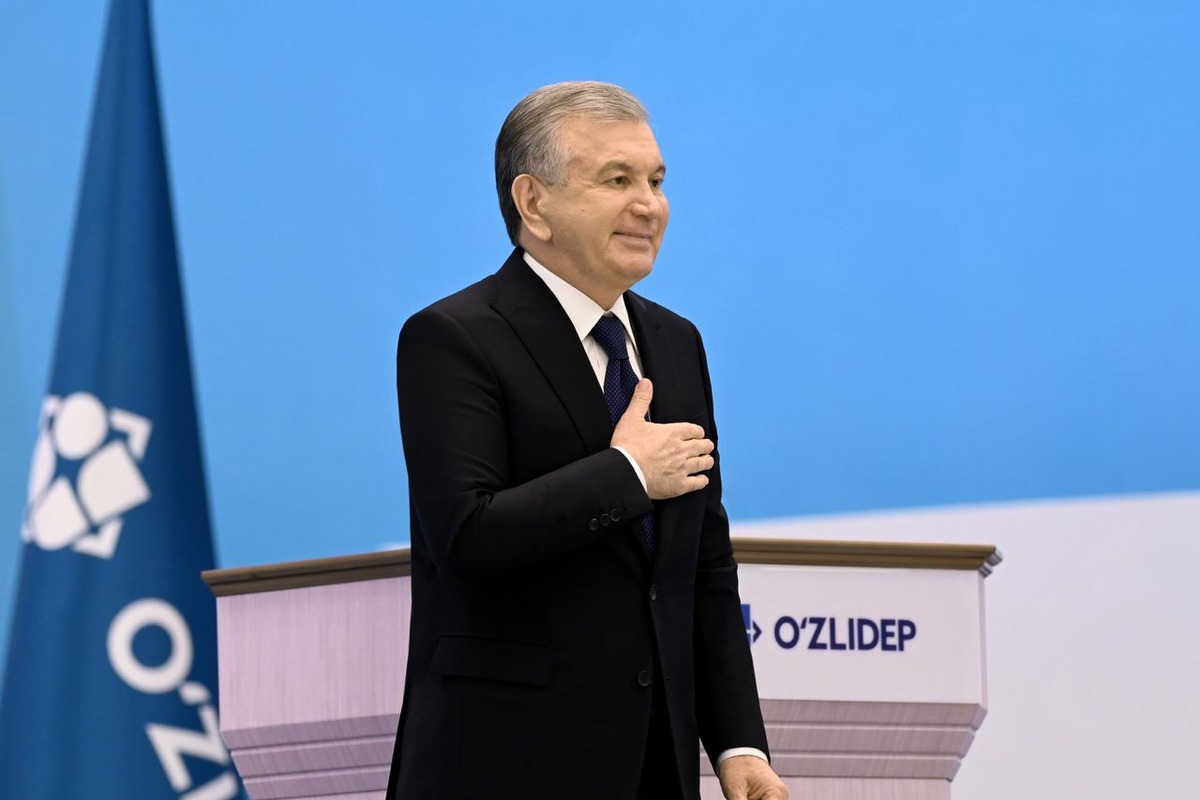
Born in 1957 into a family of medical professionals, Shavkat Mirziyoyev’s journey to the presidency was marked by his education in irrigation and agricultural mechanization. His diverse career spanning academia, parliamentary roles, and gubernatorial positions equipped him to comprehend the profound challenges faced by Uzbekistan’s economy and its people. Assuming office in 2016, Mirziyoyev swiftly launched bold reforms.
Economic Renaissance through Foreign Investment
Shavkat Mirziyoyev’s emphasis on attracting foreign investments and privatizing state-owned assets aimed to reinvigorate Uzbekistan’s economy. Germany emerged as a key European partner, funneling over $2.5 billion in investments into the country in recent years. Notably, around 200 German-affiliated companies, including industry giants like MAN, CLAAS, Knauf, and Falk Porsche Fiberglass, are now operating in Uzbekistan.
Revamping Global Trade Dynamics
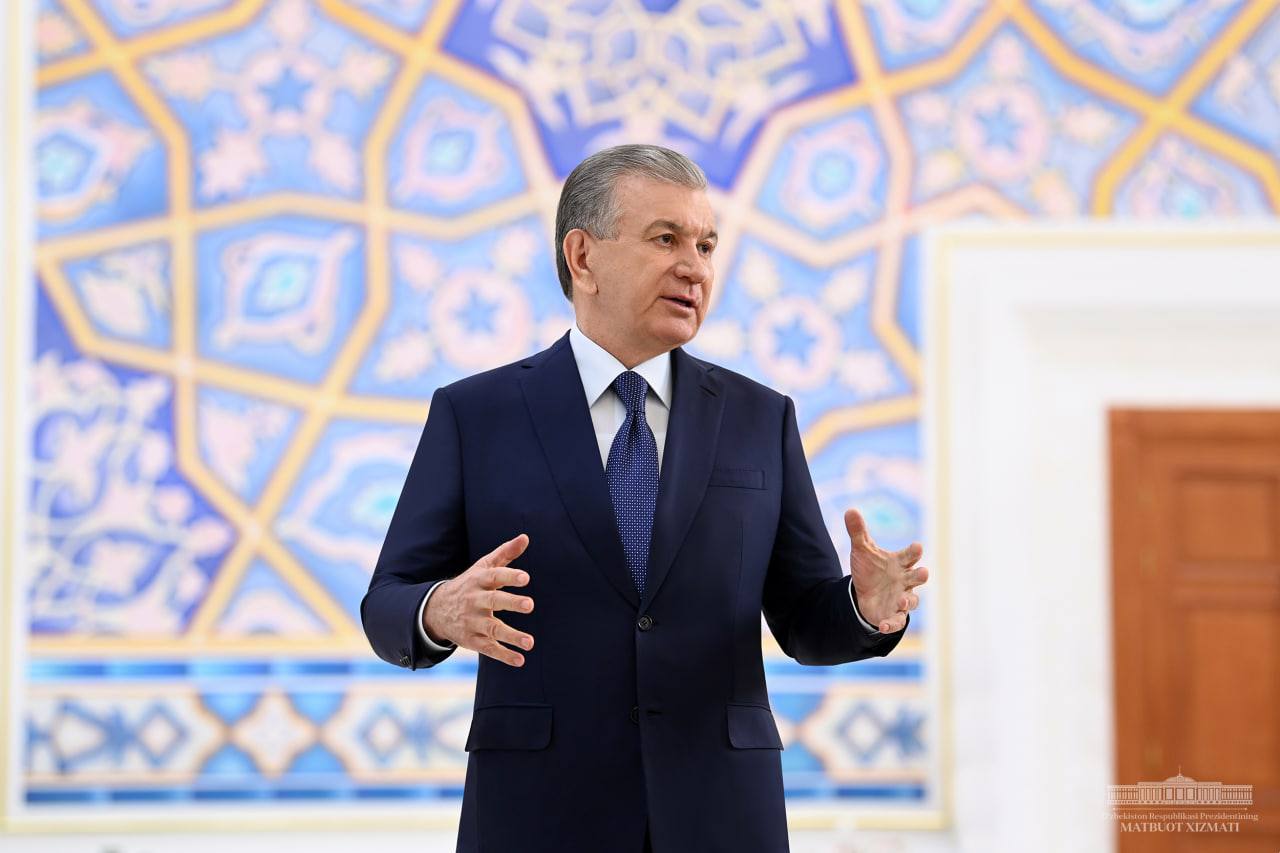
Uzbekistan, historically known for exporting commodities such as cotton, uranium, gold, fruits, and vegetables, underwent a significant transformation in trade dynamics. Shavkat Mirziyoyev’s reforms abolished forced labor practices in cotton fields and encouraged private and foreign investments in the textile industry. Germany, as Uzbekistan’s largest European trading partner, witnessed bilateral trade volumes reaching $1.2 billion last year, with a substantial $929 million in the first half of this year.
Advancing Sustainable Energy Initiatives
In a bid to diminish reliance on fossil fuels and modernize the economy, Shavkat Mirziyoyev set an ambitious goal to increase renewable energy’s share in Uzbekistan’s energy mix to 40 percent by 2030. Collaborating with European, Chinese, and Middle Eastern partners, Uzbekistan has embarked on initiatives to commission numerous solar and wind power installations, signaling a significant shift towards sustainable energy sources.
Uzbekistan’s Vision for Development
Mirziyoyev’s endorsement of Uzbekistan 2030—a comprehensive development strategy developed collaboratively with various ministries, parliamentarians, and experts—outlines ambitious targets. These include doubling the GDP by 2030, boosting exports, improving education and healthcare, and elevating citizens’ incomes above the global average. To achieve these goals, Uzbekistan aims to attract $110 billion in foreign investments, with Germany as a steadfast partner.
Shavkat Mirziyoyev’s visionary leadership has propelled Uzbekistan into an era of openness, foreign investments, robust trade alliances, and sustainable energy initiatives. His transformative reforms have positioned Uzbekistan as a dynamic and progressive nation, poised for substantial growth and prominence on the global stage.



